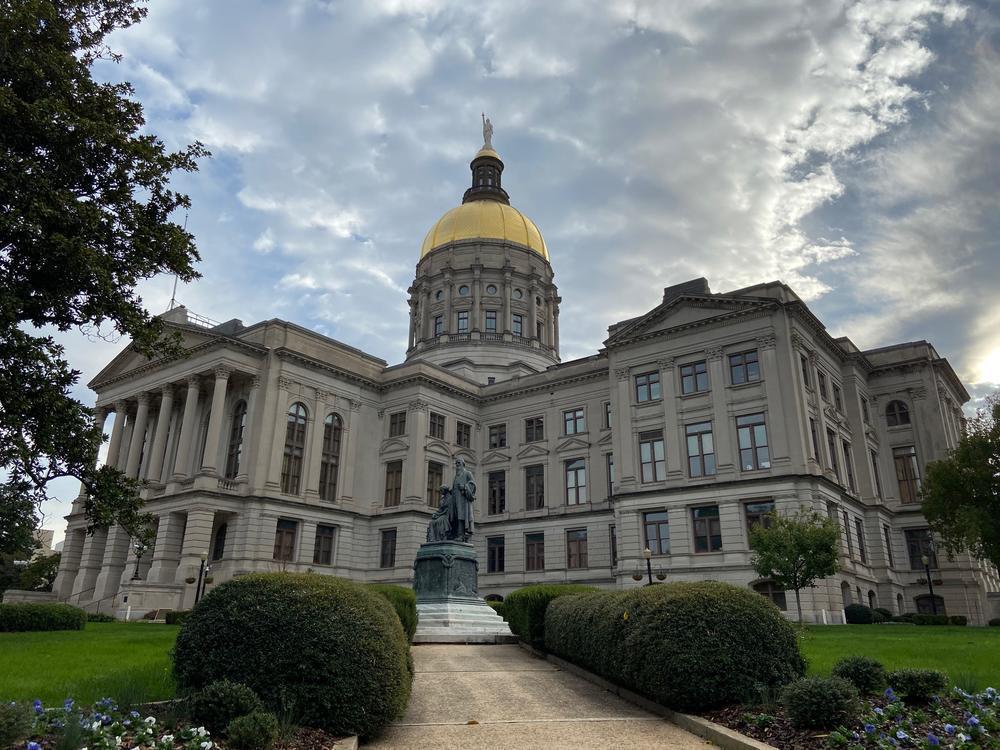
Caption
On Tuesday, state lawmakers who will redraw Georgia’s political boundaries later this year will host an online forum from 5 to 7 p.m to begin gathering public input.
Credit: GPB News, Stephen Fowler

On Tuesday, state lawmakers who will redraw Georgia’s political boundaries later this year will host an online forum from 5 to 7 p.m to begin gathering public input.
The once-a-decade process of revising Georgia’s legislative and congressional districts gets underway this week with the first in a series of town hall meetings.
On Tuesday, state lawmakers who are set to redraw Georgia’s political boundaries later this year will host an online forum from 5 to 7 p.m. to begin gathering public input. You can watch the meeting on the Georgia General Assembly website.
The legislative redistricting committees will host in-person meetings in cities around the state in the weeks ahead.
By law, states must adjust their political maps every 10 years based on U.S. Census data to account for changes in population. The resulting districts play a significant role in shaping state and national politics for the next decade.
In Georgia, the party that controls the state government effectively controls redistricting.
This year’s process will be closely watched, given Georgia’s growing population, its demographic changes and shifting politics.
Republicans are expected to try to maintain their hold on both the state House and Senate.
Ahead of these hearings, progressive advocacy groups have called for more transparency in the redistricting process, including releasing proposed maps and providing more opportunities for public input. Organizations such as Progress Georgia have already condemned the Georgia legislature for “quietly scheduling” the first joint hearing.
“There was quite a lag between legislators being informed that there were going to be hearings, and actually any kind of public notice about that,” said Janet Grant, vice chair of Fair Districts GA.
Grant said public participation is important to ensure lawmakers are aware of Georgians’ input as they are drafting the maps. They’ve also prepared a testimony toolkit for people who want to participate in the public hearings.
“It's really important that the public be involved in order to bring forward our concerns, questions, [and] recommendations for what our districts look like,” Grant said.
Fair Districts GA and other advocacy groups say they are working to mitigate gerrymandering, which is when district lines are drawn to favor a specific party or political interest.
The House Committee on Legislative & Congressional Reapportionment, chaired by Bonnie Rich (R-Suwanee) has 13 Republicans and five Democrats, while the Senate Committee on Reapportionment and Redistricting, chaired by John Kennedy (R-Macon), has 10 Republicans and five Democrats. The majority-Republican committees are expected to meet in a special session later this year to draw maps, which must be approved by the full state legislature.
Republican lawmakers will face challenges in this cycle of retaining control of seats in the diversifying metro Atlanta suburbs while balancing rural areas with slowing population growth. Georgia’s 14 congressional seats are split between eight Republicans and six Democrats.